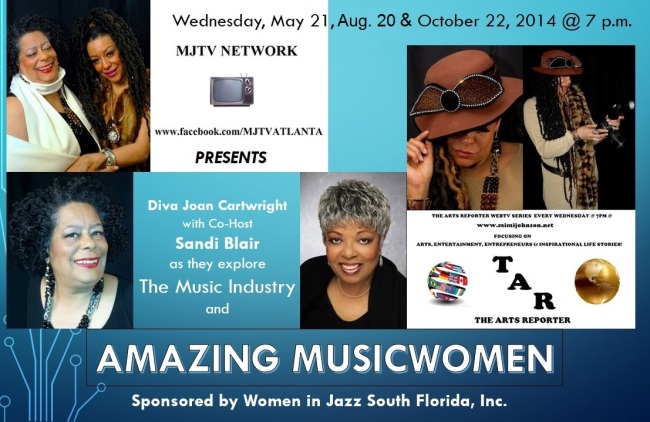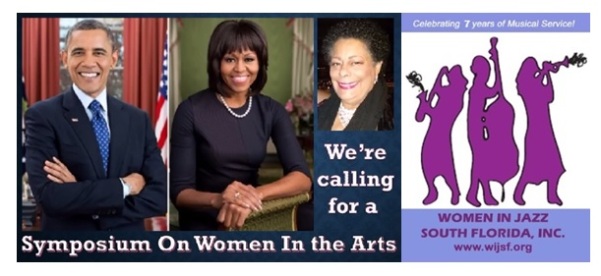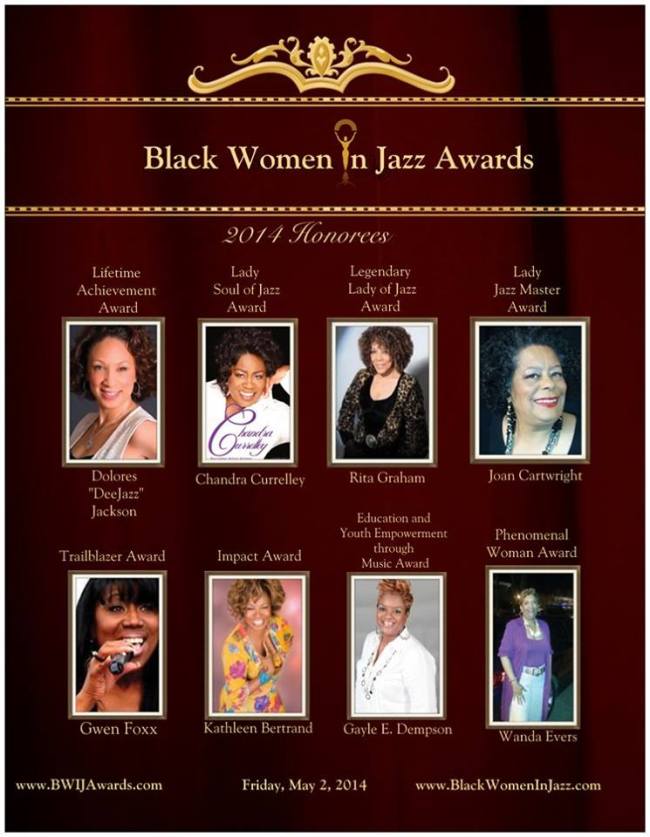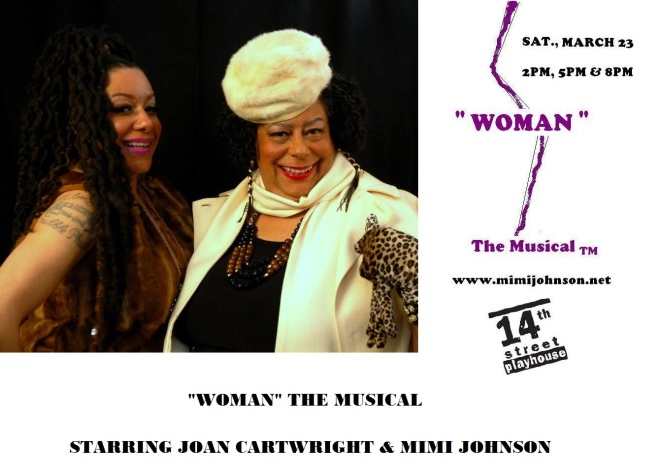Blues Women: First Civil Rights Workers
©2014 Joan Cartwright, M.A.
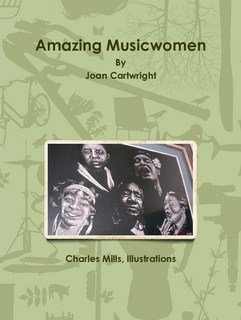
The African voice inspired instrumentalists. Vocalese was a dialogue between vocalists and instrumentalists. Each person had an individual sound and instrumentalists imitated the voice’s cries, growls, moans, slurs, whispers, shouts and wails. Blues was the element of American subculture created by enslaved Africans, singing European music. Considered crude by classical listeners, Blues liberated singers from precise pitch and calculated rhythms of European music. Black singers emerged from Spirituals and Blues to develop Jazz. Their free-spirited songs delivered messages of liberation, signaling to Africans in America that they could be free. Blues women were the first civil rights workers because their songs symbolized liberty in its rawest form by tapping into the human spirit. Angela Davis recounted Marx and Engles’ observation that art as “a form of social consciousness [awakens] . . . those affected by it to . . . transform their oppressive environments” (Davis, 1999). Blues were popularized by Gertrude “Ma” Rainey (Columbus, GA, September, 1882 – December 22, 1939), The Mother of the Blues (Cartwright, 2008, p. 9). A spokesperson for black people, she was a hero to them. She recorded hundreds of songs on Paramount, putting that recording company on the map. The most popular Blues singers established a rapport and rhetoric with the crowd. Ma Rainey took Bessie Smith under her wing and Blues tradition developed as one followed another.

References
Cartwright, J. (2009). A history of African American jazz and blues. FYI Communications, Inc.
Cartwright, J. (2008). Amazing Musicwomen. FYI Communications, Inc.
Davis, A.Y. (1999). Blues legacies and black feminism. New York: Random House.
 February 29, 2016, Professor Cartwright officially begins her journey as a college professor at Southeastern College in West Palm Beach, Florida, teaching Speech Communications or The Art of Public Speaking.
February 29, 2016, Professor Cartwright officially begins her journey as a college professor at Southeastern College in West Palm Beach, Florida, teaching Speech Communications or The Art of Public Speaking.

